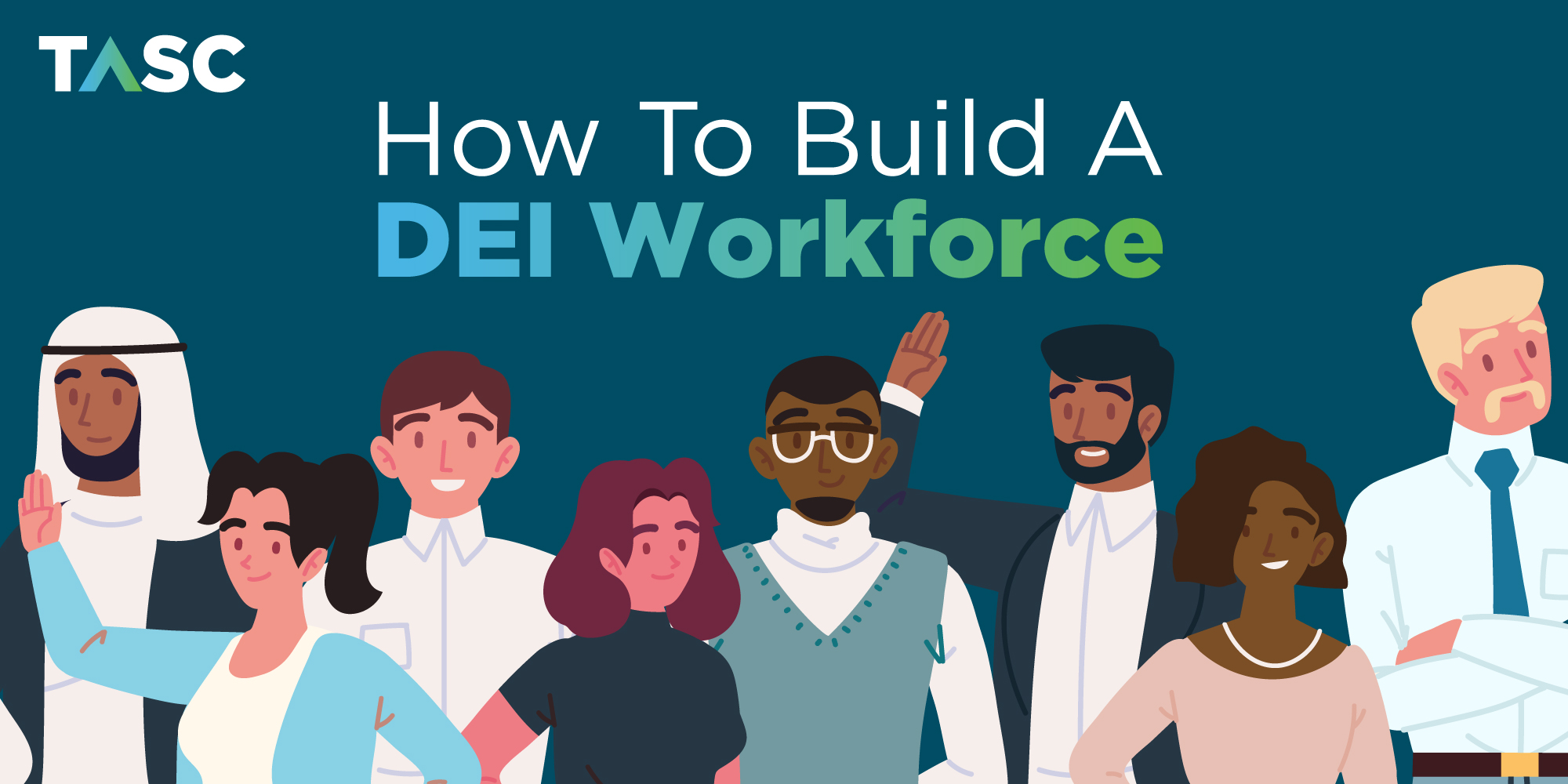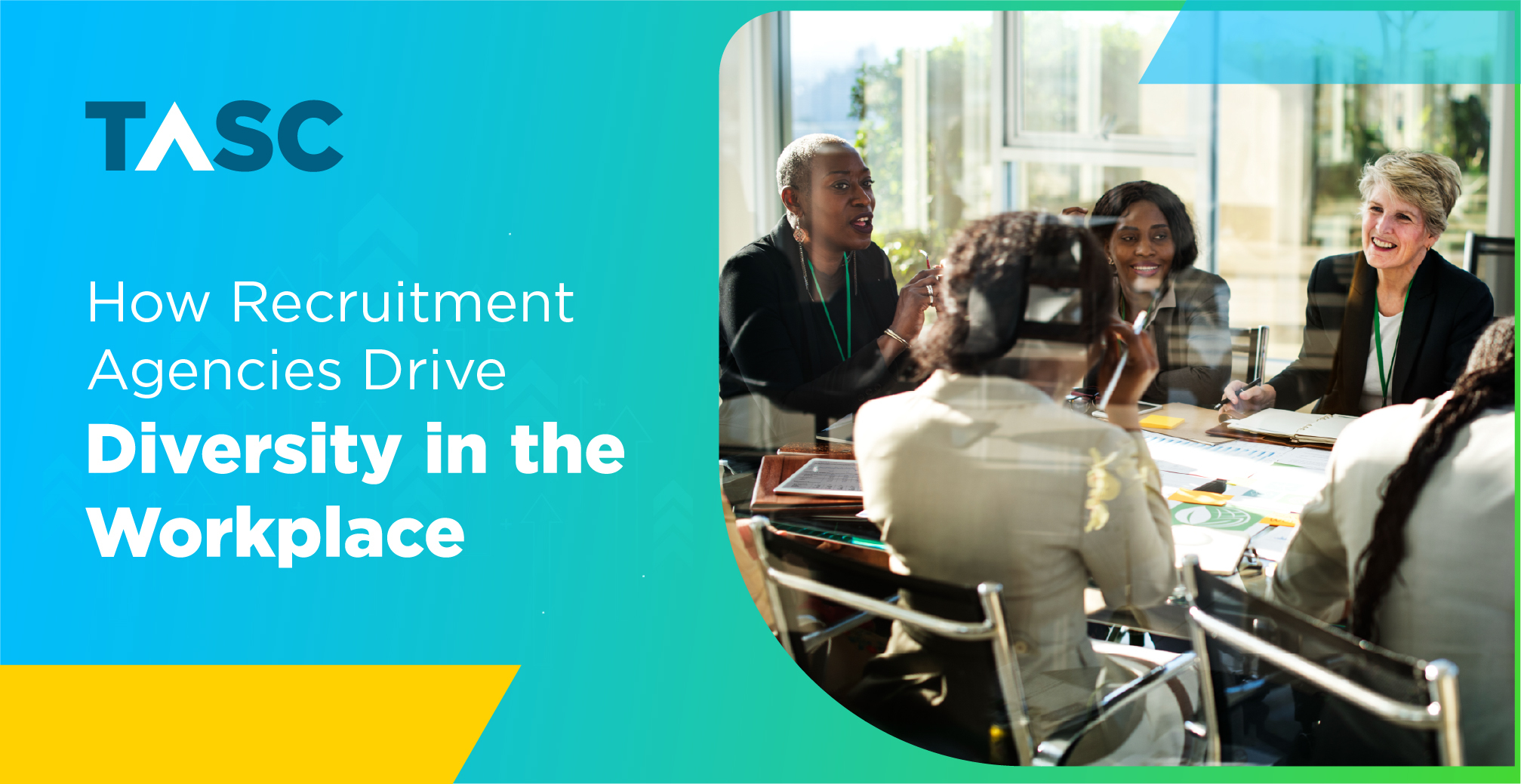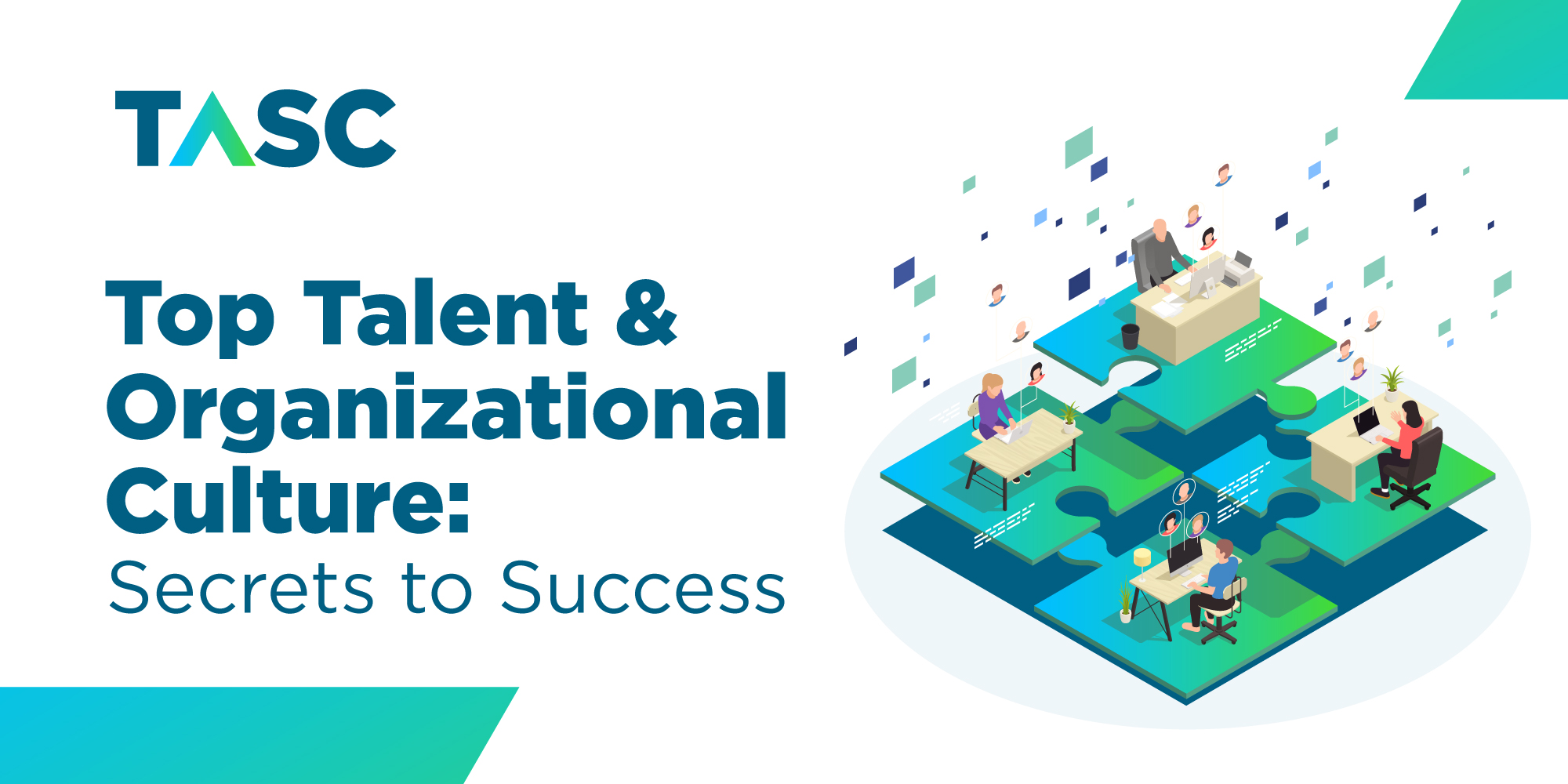How To Build A Diverse And Inclusive Workforce
In recent times, diversity, equity, and inclusion (DEI) have garnered significant attention from numerous companies, reflecting an increasing awareness of their profound influence on organizational success. Yet, even with notable advancements, there is still ample space for further growth. Creating a genuinely diverse and inclusive workforce transcends mere numbers; it entails cultivating an environment where all employees, irrespective of their backgrounds, experience a sense of worth, empowerment, and active listening.
The advantages of diverse teams are undeniable. Not only do they enhance employee engagement and productivity, but they also offer a wealth of perspectives, driving more innovative solutions to business challenges. Numerous studies continue to affirm that diversity in the workplace correlates with improved financial performance and resilience during times of crisis.
Diversity's significance in recruitment and talent retention cannot be overstated. Organizations have recognized the value of diverse perspectives in improving company culture and driving financial success. Prioritizing DEI initiatives and cultivating a sense of belonging through measures like employee resource groups (ERGs) have become critical strategies embraced by progressive companies, with strong leadership support playing a vital role.
Keeping DEI at heart, we will look at a few diversity management strategies that companies implement to build a more inclusive and diverse workforce.
Understanding Unconscious Bias
Understanding and confronting unconscious bias is essential to fostering a truly inclusive workplace. Stanford University's Mohammad Bilal, an expert on inclusion and belonging, highlights the presence of hidden biases that often contradict our conscious beliefs. Recognizing and addressing these biases is pivotal in creating a fair and equitable environment.
Leaders play a vital role in this process by raising awareness among employees about the impact of unconscious bias and its reinforcement. Encouraging individuals to introspect and challenge their personal biases fosters a culture of self-awareness.
Embracing Cultural Humility
Cultural humility emerges as a powerful approach for leaders and employees to effectively manage bias and create more inclusive work environments. At its core, cultural humility entails a genuine curiosity and humility towards diverse cultural perspectives. We must acknowledge that we are all perpetual learners trying to understand others' experiences and realities.
Organizations can harness technology and training resources that offer practical guidance to facilitate bias management. Embracing internal bias training can foster positive change and deeper understanding among employees, as demonstrated by Google's successful initiatives.
By promoting cultural humility and leveraging thoughtful training methods in their diversity strategy, companies can stride towards a more harmonious and inclusive workplace where diversity is celebrated, and biases are dismantled.
Advancing Workplace Equity
Promoting pay equity is a fundamental responsibility of managers to ensure a level playing field and equal opportunities for all employees. Leveraging the power of people analytics enables organizations to identify and rectify any disparities in compensation for similar roles or responsibilities. By employing these analytics, managers can pinpoint potential pay gaps within their teams, and leaders can delve deeper into departmental patterns to uncover underlying issues.
These insights are invaluable in recognizing trends where specific groups might face pay inequities in certain business areas. Addressing these imbalances fosters a culture of fairness and empowers employees to thrive, ultimately driving greater unity and success within the organization.
Empowering Understanding and Unity
Implementing a strategic diversity training program is pivotal in fostering a harmonious workplace where cultural differences are embraced. Such training goes beyond the surface, encompassing crucial aspects like communication styles, conflict resolution, and self-identity.
For maximizing impact, companies should offer diversity training as an optional, engaging experience rather than a mandatory obligation. It is essential to tailor the program to address specific organizational challenges and align it with broader diversity, equity, and inclusion initiatives.
Leveraging both internal resources and external expertise, such as partnering with consultants, enables leaders to develop customized training programs tailored to the organization's unique needs.
Clear communication about the purpose and relevance of the training ensures that employees stay motivated and understand how their learnings contribute to achieving overarching company goals. Investing in these transformative initiatives can nurture a more compassionate, cohesive, and thriving workforce.
Enriching Creativity Through Diverse Teams
In the quest for diversity, embracing various voices, experiences, values, and cultures becomes paramount, as emphasized by Jacob Morgan, renowned author of "The Employee Experience Advantage." Comparing it to a chess game, he urges organizations not to get fixated on just one square but to appreciate the entire board.
In the workplace, true growth comes from breaking free of silos. Encouraging diverse talents to collaborate provides a plethora of fresh perspectives, sparking innovation and creativity. Introducing individuals from different genders, cultural backgrounds, or age groups to your teams invites a wealth of ideas that transform problem-solving approaches.
Crafting Equitable Policies
A critical aspect of promoting diversity and inclusion involves assessing company policies and identifying areas where discrimination may linger. From organizational guidelines to interpersonal interactions, these policies are pivotal in shaping the workplace environment.
To pave the way for positive change, employers must thoroughly review their policies and interpersonal practices, ensuring they do not perpetuate any forms of discrimination, such as racism or sexism. By reshaping these policies, leaders can foster a more equitable workplace where all employees feel valued and respected.
Sustaining Progress: The Importance of Long-term DEI Tracking
Building a diverse, equitable, and inclusive workforce is a journey that unfolds gradually, not an overnight transformation. As organizations implement structural changes to their strategies and systems, they must embrace the reality that significant progress takes time, especially amid evolving hiring and management challenges.
To gauge the efficacy of their efforts, setting benchmarks and diligently tracking progress is essential. This proactive approach enables leaders to discern which strategies yield positive results and which ones require refinement. Moreover, it fosters accountability, as organizations remain committed to achieving their long-term goals.
By viewing diversity, equity, and inclusion as an ongoing cultural shift, businesses pave the way for sustainable progress, ensuring a thriving workplace where every individual feels valued and empowered.
Build A DEI Workplace With TASC
Diversity, equity, and inclusion are not mere buzzwords but the foundation for a resilient and successful future. Amid crises and challenges, embracing these principles becomes even more crucial as they nurture engaged employees, a strong company culture, and appeal to candidates seeking a genuine commitment to equality.
TASC, with over 15 years of experience in leading HR recruitment and solutions in the MENA region, understands the value of diversity and the necessity for inclusion in modern-day businesses. We have a proven track record of helping companies grow by connecting them with world-class talent, while also helping candidates find their dream jobs.
Whether your organization is just beginning its journey towards inclusivity, or looking to further strengthen its diversity initiatives, our local and global recruitment expertise can ensure you navigate this path effectively and successfully. After all, a future defined by diversity, equity, and inclusion is not just possible—it's essential. With partners like TASC, it's also within reach.
Get in touch with our recruitment experts to get the talent you need to foster a more DEI workplace in the future.





